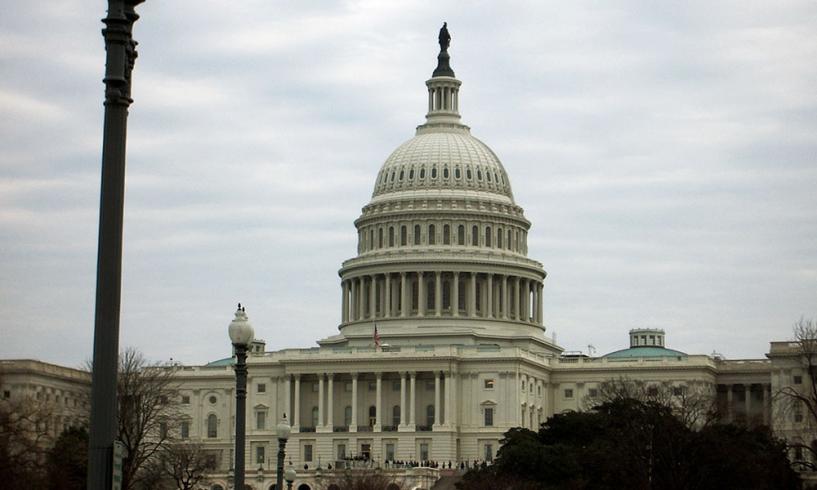ONS Members Appointed to Cancer Moonshot Working Groups
Three ONS members have been selected to participate on working groups created by the National Cancer Moonshot Initiative’s Blue Ribbon Panel. Deborah Mayer, PhD, RN, AOCN®, FAAN, University of North Carolina School of Nursing, and Kathi Mooney, PhD, RN, Huntsman Cancer Institute, have been appointed to the Implementation Sciences Working Group. Jeannine Brant, PhD, APRN, AOCN®, FAAN, Billings Clinic, will participate on the Expanding Clinical Trials Working Group. Mayer is also a member of the Blue Ribbon Panel.
“The Cancer Moonshot initiative has provided a golden opportunity for all of us involved in cancer care to take a step back and ask, how can we redesign cancer care for the future?” Brant said. “I feel privileged to work with such a brilliant group of scientists, brainstorming strategies on our calls, to take science to the next level, to improve access to clinical trials and late-breaking treatments, and to address disparities in inequitable care that exists within our current systems. Being a part of the Cancer Moonshot work has been an honor, and I am pleased to share the voice of oncology nursing and the community.”
Moonshot’s Genomic Data Commons Gets Website
After Vice President Biden announced the Genomic Data Commons (GDC) on June 6, 2016, at the American Society of Clinical Oncology annual meeting, the National Cancer Institute (NCI) moved swiftly to implement the program. This is part of the long-term commitment to the National Cancer Moonshot Initiative and the open accessibility of research data.
NCI Acting Director Douglas Lowy, MD, said the GDC’s goal is to allow researchers to upload and share standardized data with other researchers throughout the country and around the world as they continue their work on the Cancer Moonshot.
Senate Appropriations Sends 2017 Budget Bill to Floor
On June 9, 2016, the Senate Committee on Appropriations approved a bipartisan spending bill to be moved forward for consideration by the Senate. The bill, which addresses the 2017 budget for the Department of Health and Human Services, Labor, Education, and other related agencies, proposes a $2 billion increase for the National Institute of Health (NIH).
The bill also calls for increased funding to the Precision Medicine Initiative by $100 million, along with a $400 million increase to Alzheimer’s disease research. The Centers for Disease Control and Prevention would also see a funding increase to help combat the epidemic of opioid abuse in the United States. Despite the increases to healthcare agencies, the bill would reduce spending from 2016 by nearly $270 million.






